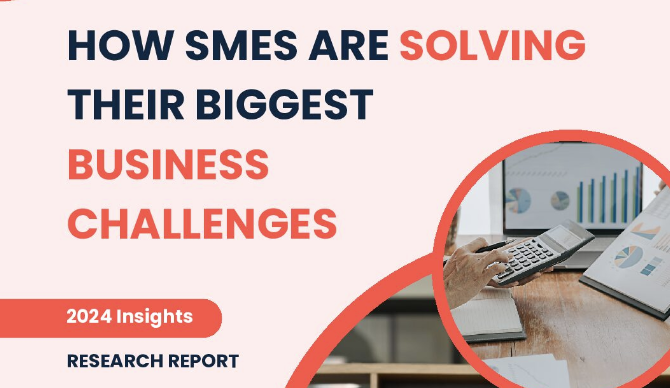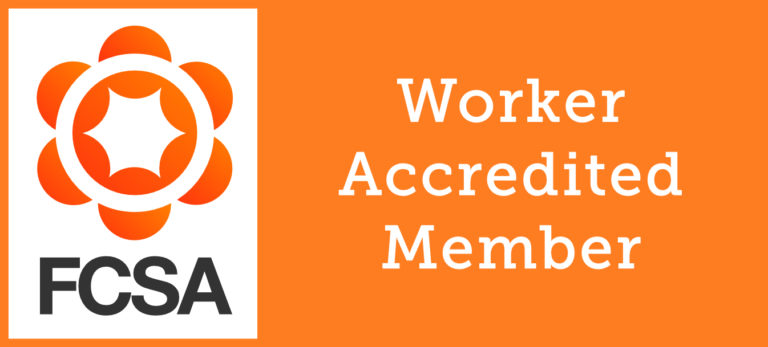
With Covid-19 changing the priorities and career plans of many, nearly 9 in 10 individuals are looking for a new role in 2021. Due to the short-term nature of their roles, the majority of contractors will also be looking for their next assignment well in advance. Although the jobs market is even more candidate-led post-pandemic, the volume of contractors catching up after losing work in 2020 (combined with reduced client company budgets) means that contract specialists are increasingly competing for work.
Some seasoned sole traders, freelancers and interim managers are starting to look abroad for their latest challenge. Generate’s contractor management specialists reveal the pros and cons of contracting in France, and everything you need to know before you consider the country as a potential work destination.
3 Things You Need to Know Before Starting Contract Work in France
1. Legal Requirements & Access to Work
Citizens of a European Union or European Economic Area Member State (or Switzerland) can work in France without a work permit. As is the case for British citizens wishing to work in all other EU member states, living and working in France has become more complicated following Brexit.
If you’re only working in France for less than 90 days (over a 180-day period), your employer or client must apply for and provide you with a temporary work permit. This permit is approved by the French Ministry of Labour and can be applied for from the UK’s French Embassy. However, contractors working for fewer than 90 days in many roles are exempt from needing a visa or permit, as they can travel under a visa waiver. Such roles include some specialists in Architecture, Engineering, Financial Services and IT, guest professors, some entertainment technical production team members, and professionals who are being transferred to France from another country through the EU intra-company transfer (EU ICT) programme.
For work longer than 90 days, you will most likely need a visa, work permit and residence permit. These applications will require a number of personal documents, including passport, birth certificate and qualification certificates. Residence permits will require proof of address in France. Each permit has a small cost and can take several weeks to receive, so applying as early as possible is recommended. In most cases, employers will need to submit the application for a work permit.
Non-residents are only required to pay tax on income derived from work that takes place in the country, meaning contractors on shorter assignments can stand to gain the best financial benefits. For those who are residents and working in the country for longer than 90 days – regardless of nationality – are generally subject to personal income tax (PIT) on worldwide income unless excluded by a tax treaty. Whilst tax owed can depend on the size of your family and number of dependent children, the French tax system is organised by progressive rates of between 0% and 45% on total earnings. Individuals must also pay a 3% surtax on any earnings over €250,000 and 4% for earnings over €500,000.
2. Finding Work in France
Much like other European countries, those wanting to work for a French employer or client can apply through a recruitment agency, direct to a potential client, find referrals through their networks or apply through dedicated job boards. The most popular French job boards include:
Contractors will find jobhunting in some sectors particularly easy. The Mismatch Priority Occupation List includes a variety of areas where France urgently lacks sufficient skills, including:
- IT & Technology Professionals
- Healthcare Professionals – Medical Doctors and Veterinary Specialists
- Engineers – Specialists in Emerging Technologies, Electronics, Aeronautics, Transport and Energy Engineering
- Financial Services – Banking, Insurance, Investment, Risk Assessment
- Legal – Lawyers, Bailiffs, Judicial Officers, Real Estate and Family Legal Specialists
Despite having the second largest tech workforce in the European Union, France suffers growing deficits of IT skills across industries and regions. Around 1 in 7 French-based companies experience significant difficulties in recruiting IT professionals. The country has one of the EU’s largest shortages of data analytics skills – and will require 100,000 more skilled data analytics specialists by 2030 alone – and French employers are concerned about a lack of skills in data science, AI and ML and emerging technologies. The urgent and fast-expanding need across sectors presents the ideal career opportunity for experienced IT contract specialists.
3. Reasons to Work in France
- Economy – In addition to the vast array of jobs on offer, the country’s economy is as of November 2021 back to pre-Covid levels, and is still growing faster than expected. The Euro zone’s second largest economy has recovered very well following the pandemic and many industries are investing in future growth opportunities.
- Travel Opportunities – Once an individual becomes a resident of France, they can enjoy much easier travel throughout the European Union. Bordering Spain, Germany, Belgium, Luxembourg, Switzerland and Italy, a variety of new destinations to explore are just an hour’s boat, train journey or flight away.
- Culture – As the country’s history dates back to the past millennium and a half at least, France is rich in architecture, art, literature and theatre, and more recently world-leading fashion houses. From mountains to medieval cities and picturesque villages to sunny beaches, the country has something for everyone. France is world-renowned for its cuisine which stretches from breakfast pastries such as croissants to luxurious dinners like coq au vin and beef bourguignon, to desserts like mille-feuille, madeleines, crème brulee and macarons.
- Climate – Despite its proximity to the United Kingdom, most people living on French soil enjoy much warmer temperatures and sunnier climes. 300 days of sunshine are promised every year in the South, compared with the UK’s best offering of 58 days in southern cities.
- Work/Life Balance – French employees and freelancers enjoy more time for sleep, family and leisure activities than British workers. The French score higher than the UK on average salaries offered, productivity, bank holidays and minimum holiday allowance.
Help with International Tax, Payroll and Compliance
Do you have any questions or concerns about contracting internationally? We help contract specialists across 90 countries – find out how we could help you.
Unsure whether contracting in France is right for you? Explore the 5 Best Countries for Contract Work in Europe.











